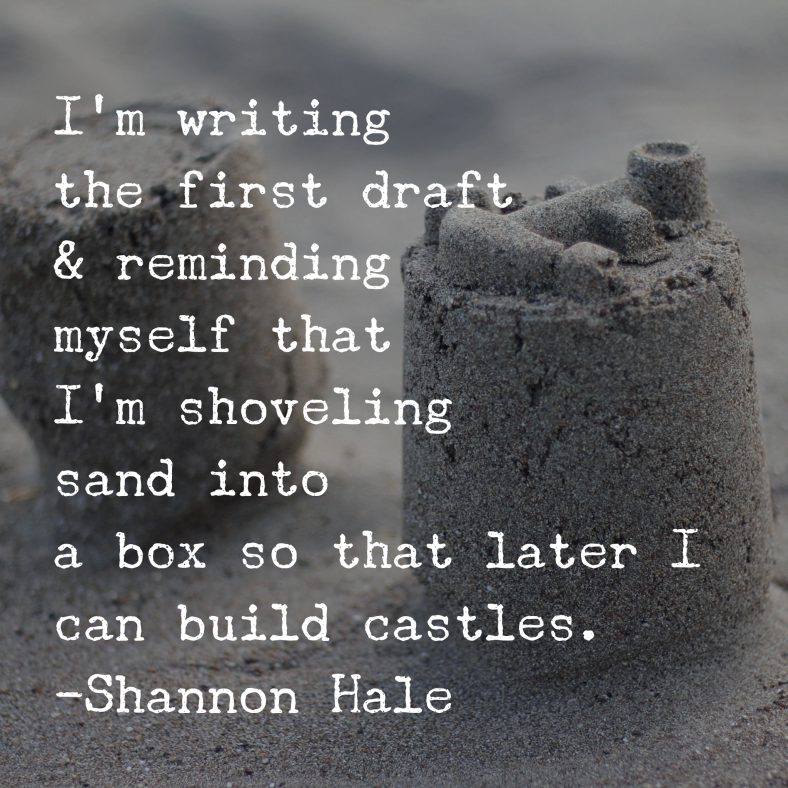
All the writing talent in the world is meaningless if you don’t stay the course. You must apply ‘bum glue’ to adhere you to the process of producing work, consistently, relentlessly and unconditionally.
For many people, writing is hard and good writing—where readers are inspired to read on and recommend your work to others—is even harder. Often there are few rewards, at least initially. Yet most of us are conditioned, through education and parenting, to expect benefits for our efforts. With writing, we may need to endure years without recognition, remuneration or reward.
At times, the process becomes mired in negativity. For example, submitting work to agents and publishers often results in rejection. Even if you don’t submit to agents and publishers and self-publish, there’s no guarantee your e-book will sell. There are days too when you realise that despite your efforts, your work isn’t where you want it to be.
The hardest times, or crises, are often turning points that shape your writing self. But how do you keep going when you feel like giving up? The answer is through rabid determination. Here are some specific ways that might help:
- Acknowledge that writing is something you do alone in a room – Michael Ventura wrote this brutally honest and powerful piece on writing saying ‘The only thing you really need, is the talent of the room’. He explains that the ability to sit alone in a room and write day after day is the main talent a writer needs. Without it, no words will be produced and natural talent is rendered useless.
- Identify your writing passion and root yourself in it – Ask yourself ‘Why do I write?’ Write it down and insert it in the header or footer of your work or stick it up around your writing space. When times are tough—e.g. you’ve just received your twentieth rejection, your current project isn’t working and you don’t understand why—you’ll be able to read that sentence, remember what it is you love about writing and continue.
- Imagine what it’s like not to write – How does that make you feel? You don’t have to write, it’s a choice. Are you really a writer? Find your truth.
- Get zen and let go of expectations and conditionality – Write to achieve your best work, whatever that is right now. You might dream of fame and fortune, but learn to appreciate the process for what it is in this moment. For every writer, there are times when persisting is the main reward. Despite what some people espouse, good things rarely come to us easily.
- Create a REALISTIC strategic plan for your current writing project
- Begin with defining your goal. Your goal is the primary high-level outcome you want to achieve for your writing project e.g.
- To publish my work in the next 18 months (be specific and choose a date)
- Now define your strategy or your approach to achieving your goal e.g.
- Complete my MS over the next 9 months (specify a date)
- Determine the optimum publishing method/s for my work
- Find a writing group so I can share my work and gain support
- A tactic is a is a measurable step you take to achieve your strategy e.g.
- Diarise 2 hours of writing 5 days per week and stick to that
- Or write 5k words per week
- Install software on my computer so I don’t get distracted by emails and social media
- Find 5 agents and 10 publishers who might be interested in my work and send my work to them
- Or take a course in self-publishing.
- Begin with defining your goal. Your goal is the primary high-level outcome you want to achieve for your writing project e.g.
- Stave off boredom and failure through continual learning – Every writer can always improve. Take courses, seek constructive criticism (see this post), and read, read, read to learn how to overcome obstacles and renew your inspiration.
- Write anyway – Push your doubts, fears and hopes aside, move away from self-doubt, self-pity and negativity and see what happens if you simply apply yourself. Write your way out by using that bum glue.
- Seek moral support – Read blogs such as this and find interviews with authors where they explain their struggles. This helps you to realise that many of those so-called overnight successes worked at it for years. It also reaffirms that you’re not alone.
In the words of Winston S Churchill:
‘Never give in. Never give in. Never, never, never, never—in nothing, great or small, large or petty—never give in, except to convictions of honour and good sense. Never yield to force. Never yield to the apparently overwhelming might of the enemy.’
